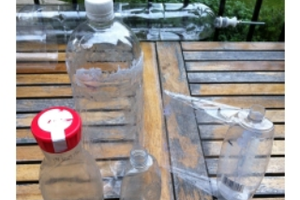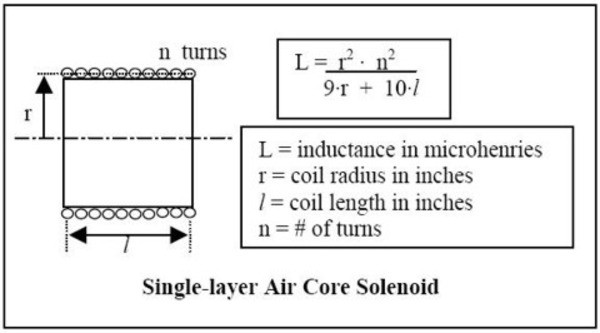
The typical coil formula for inductance (the one you find on Wikipedia) is only accurate for audio frequencies, it tops out at about 100 KHz.
At RF frequencies, a handful of competing issues come into play, that are negligible at lower frequencies, to make your coil a different actual value. Most inductance measuring devices work at 10 KHz or 100 KHz and track the geometric formula shown above, so the engineer has no reason to believe the coil is not as designed.
For example, at higher frequencies the reactance from the inter-winding capacitance becomes non-negligible and subtracts from the inductive reactance. The capacitive reactance gets larger with higher frequencies, and at a high enough frequency the capacitive reactance equals the inductive reactance and you have a self-resonant single component (with no inductance).
Furthermore the geometric formula says nothing about the Q of a coil, so that designing an efficient coil with high Q is a complicated matter.
The complete formula for coil parameters is presented on Serge Stroobandt's web page and takes everything into consideration, including frequency and wire plating.
This project contains the math behind that web site converted to a javascript library for calculation, and some additional functions to scan across coil parameters and print the values that would be shown from Serge's site.
Using a simple program loop and your initial design parameters, you can scan through different coil designs to maximize a parameter for your project.
For example, suppose you need a 25 uH coil with high Q. You can specify a wire diameter and coil value, then scan through all possible widths and lengths of coil: the program will interpolate the number of turns needed to achieve the inductance at the width and length, then print out the Q (and other information) for that coil. From this you can choose a design with a high calculated Q value.
You can do the same operation to optimize a coil for shortest wire, or smallest total volume, or whatever the designer needs.
 Peter Walsh
Peter Walsh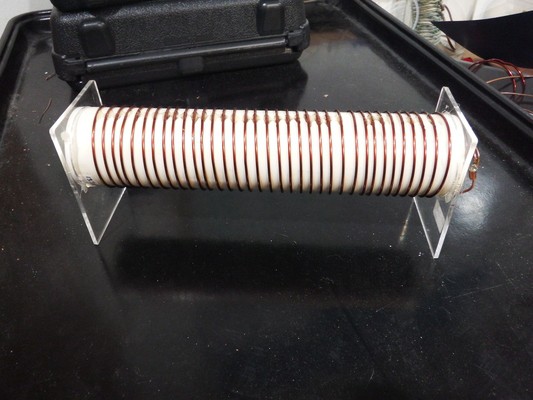
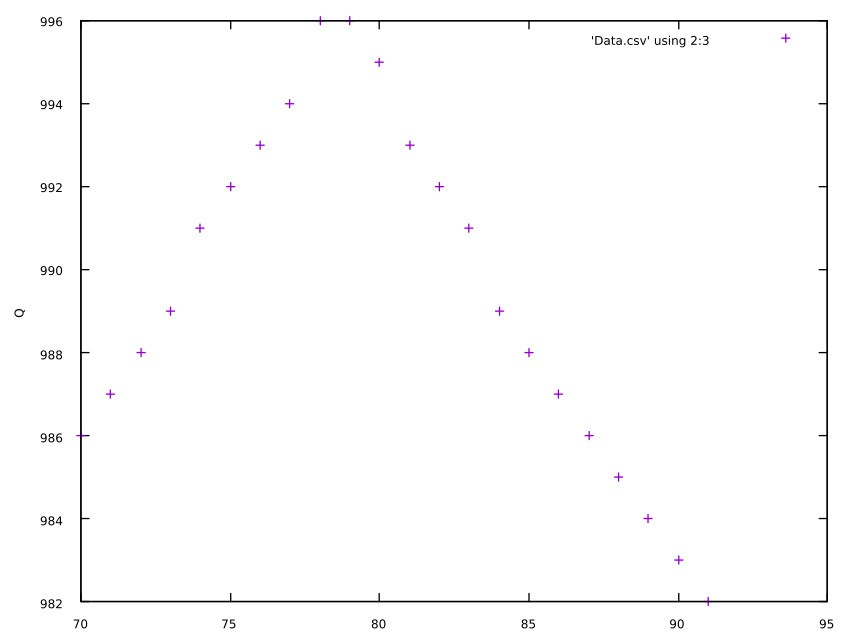

 Carl Strathearn
Carl Strathearn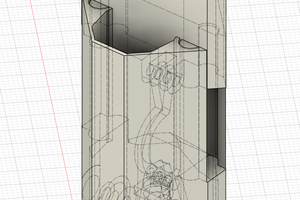
 Andrew Bahls
Andrew Bahls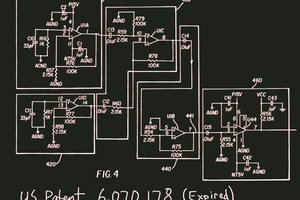
 Tom Anderson
Tom Anderson